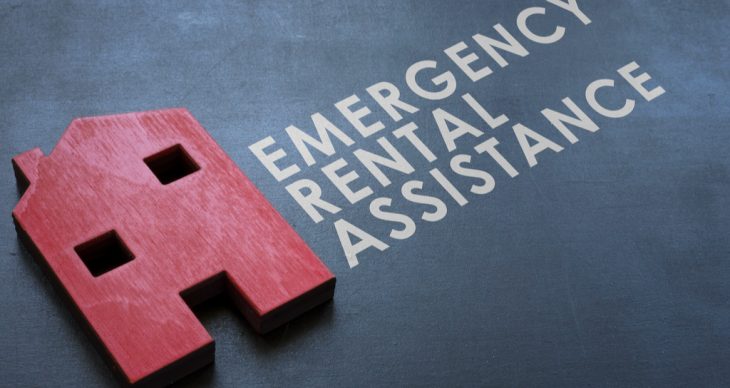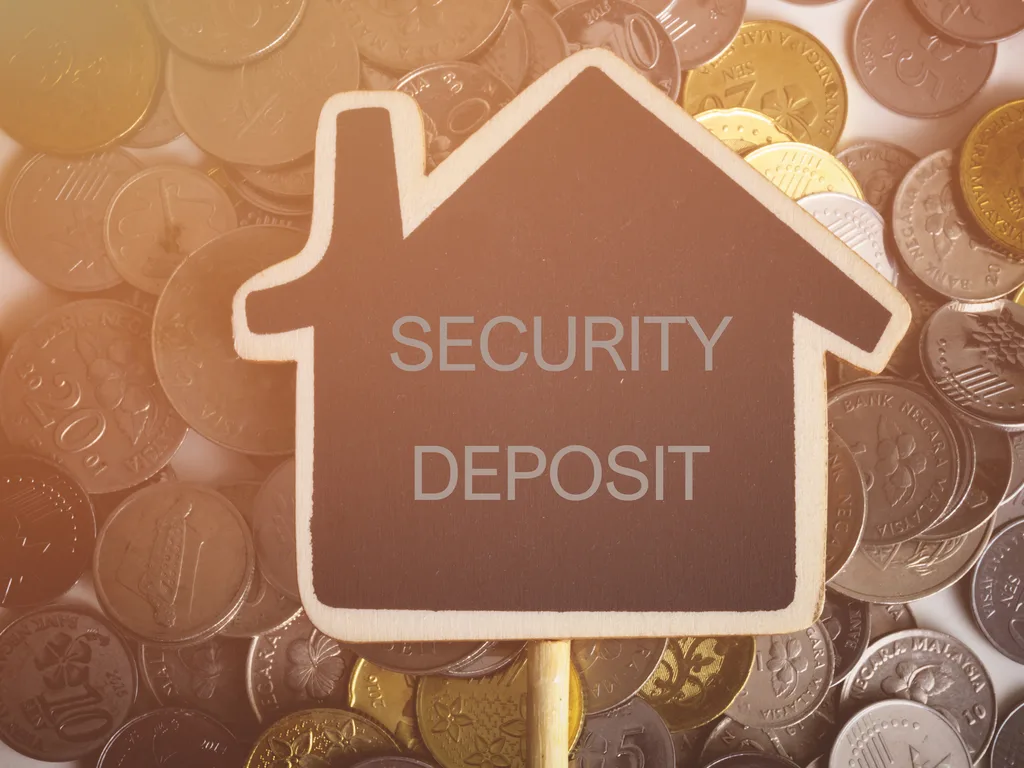The pandemic has financially strained hundreds of thousands of individuals and families across the country. If you’re one of those people, you may qualify for the Emergency Rental Assistance Program available in your state.
The U.S. government has put nearly $25 billion in funding toward this national program, which it then sends directly to states, territories and tribes. To qualify for rental assistance through this program, you or someone in your household must meet the following requirements:
- Qualify for or receive unemployment benefits, or experience a significant decrease in income or severe financial hardship related to COVID-19; AND
- Be at risk of homelessness or housing instability; AND
- Have a total income at or below 80% of the area’ median income.
If your situation is especially dire, you may qualify as a priority candidate for assistance. One situation in which this might apply is if you need help with rent because you have been unemployed for 90 days prior to applying for assistance.
Another situation is if your household income is considered extremely low, at or below 50% of the area’s median income.
Upon qualification, you may receive rental assistance for up to 12 months. Some local governments may provide assistance for an additional three months in some situations.
If you’re ready to apply for this relief, you can submit an application with your state, territory or tribe.
There are other types of rental and housing assistance programs from the government and charity organizations.
Unlike the Emergency Rental Assistance Program that was established as a response to the COVID-19 pandemic and the financial impacts of mass quarantines and shutdowns across the country, these housing assistance programs are constantly running and help families and individuals who meet certain requirements to secure affordable rentals no matter the current circumstances.
When it comes to HUD programs, it can be a bit challenging to fully understand the difference between the programs, what they offer, how to qualify and which you should apply for. While public housing is a popular choice, privately owned subsidized housing may be a better option for you.
To make the process of determining the benefits of each program and picking the right one for you and your family easier, we’ve broken down the basic elements of each program. That way, you can more clearly understand your options for housing assistance. Continue reading to discover more about public vs. private housing.




